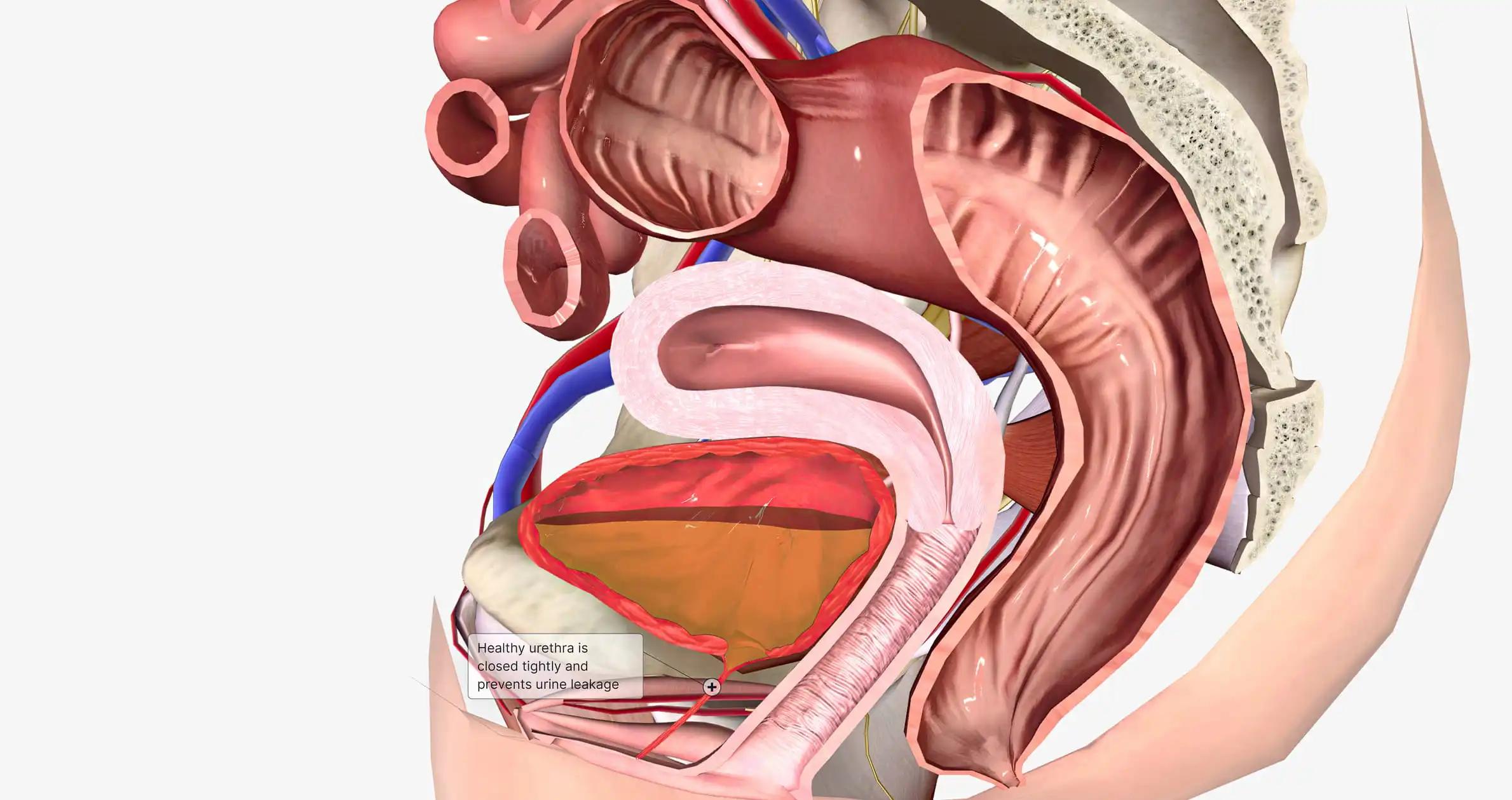KEY TAKEAWAYS
- The COSMIC-313 Phase 3 study investigated the efficacy of Cabozantinib (C) plus Nivolumab (N), and Ipilimumab (I) compared to N+I in first-line aRCC patients with intermediate or poor risk as defined by the IMDC risk criteria.
- In the intermediate risk group, C+N+I significantly improved progression-free survival (PFS) compared to N+I, with a hazard ratio (HR) of 0.63 (95% CI 0.47-0.85).
- The ORR and DCR were numerically higher in the C+N+I arm in the intermediate risk group, but no significant difference in PFS or ORR was observed in the poor risk group.
- The incidence of grade 3/4 TRAEs was higher in the C+N+I arm compared to the N+I arm in both intermediate and poor risk groups, and TRAEs led to treatment discontinuation in a higher percentage of patients in the C+N+I arm.
First-line adenocarcinoma of the pancreas (aRCC) with IMDC intermediate or poor risk was treated with C+N+I (NCT03937219) against N+I (NCT03937220) (Choueiri ESMO 2022). Here, results are broken down per IMDC risk category. A total of 855 pts with intermediate or poor risk clear cell aRCC were randomly assigned to receive either C 40 mg QD or matched placebo (P), with allocations made according to geographic location and International Metastatic Disease Consortium (IMDC) risk category. N (480 mg IV Q4W) was given to both groups for up to 2 years, whereas I (1 mg/kg IV Q3W) was given for 4 cycles. Survival time was measured in the first 550 randomized patients using a blinded independent radiological review (BIRC) according to RECIST 1.1. (PITT population). Overall survival (OS) in all randomized pts was a secondary aim, along with objective response rate (ORR) and safety.
About 75% of all patients were classified as intermediate risk by the IMDC, while only twenty-five percent were classified as low risk. Characteristics were balanced across treatment arms for intermediate risk, but some imbalances were seen for poor risk (42% for C+N+I vs 52% for P+N+I had KPS 90 and 37% vs 50% had prior nephrectomy), and KPS 90 (67% vs 47%), prior nephrectomy (71% vs 44%), and 2 target/non-target lesions per BIRC (68% v PFS was better with C+N+I in intermediate-risk patients (HR 0.63, 95% CI 0.47-0.85), while ORR and DCR (PITT population) were statistically greater (Table). While there was no statistically significant difference in PFS or ORR between C+N+I and other regimens, the DCR was greater. In both high-risk and average-risk populations, C+N+I resulted in a lower proportion of patients experiencing PD as their best response compared to P+N+I.
In both treatment groups, the median duration of response was not reached (NR). For patients at intermediate risk, 74% experienced a TRAE of grade 3/4 with C+N+I compared to 42% with P+N+I, and for patients at poor risk, 67% experienced a TRAE of grade 3/4 with C+N+I compared to 38% with P+N+I. The percentage of patients who had to stop all aspects of treatment due to TRAEs was higher for those at moderate risk (7%) than those at poor risk (4%), but still relatively low at 14%. Further analysis tailored to the IMDC risk category will be provided. Patients with first-line aRCC of IMDC intermediate or poor risk who received C+N+I had a better progression-free survival (PFS) than those who received P+N+I; subgroup analysis revealed that this effect was concentrated in intermediate-risk pts. Ongoing monitoring of OS patients.
Source: https://meetings.asco.org/abstracts-presentations/217387
Clinical trial: https://clinicaltrials.gov/ct2/show/NCT03937219/
Powles T, Motzer R, Albiges L, Suarez C, Schutz F, Heng D, Chevreau C, Kanesvaran R, Gurney H, Wang F, Mataveli F, Chang Y, Losio M, Choueiri T. Outcomes by IMDC risk in the COSMIC-313 phase 3 trial evaluating cabozantinib (C) plus nivolumab (N) and ipilimumab (I) in first-line advanced RCC (aRCC) of IMDC intermediate or poor risk. J Clin Oncol 41, 2023 (suppl 6; abstr 605)



